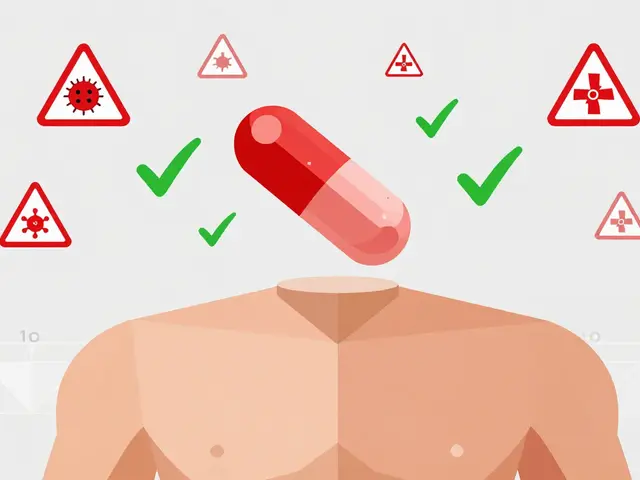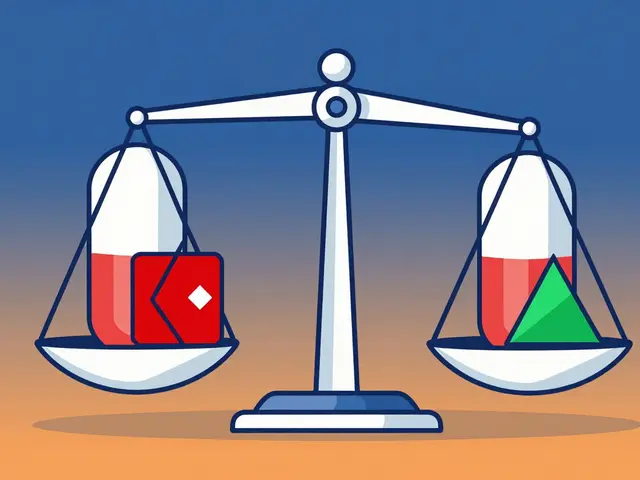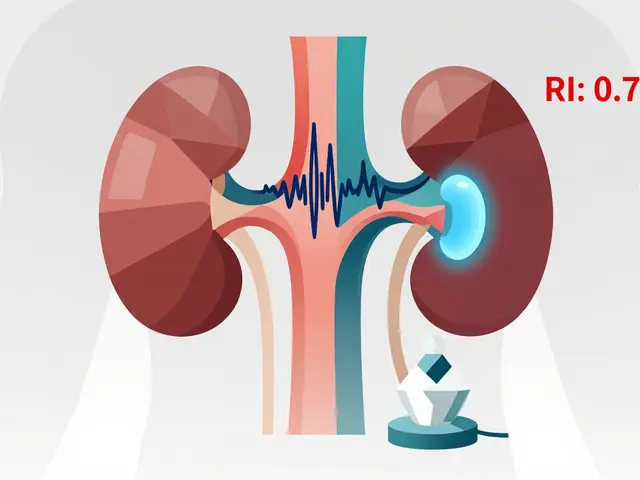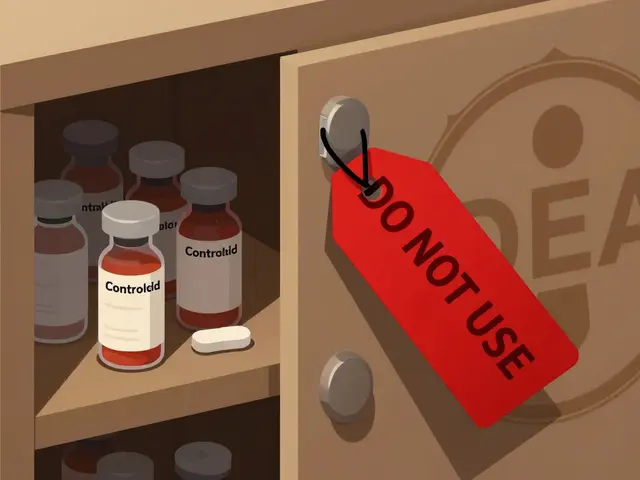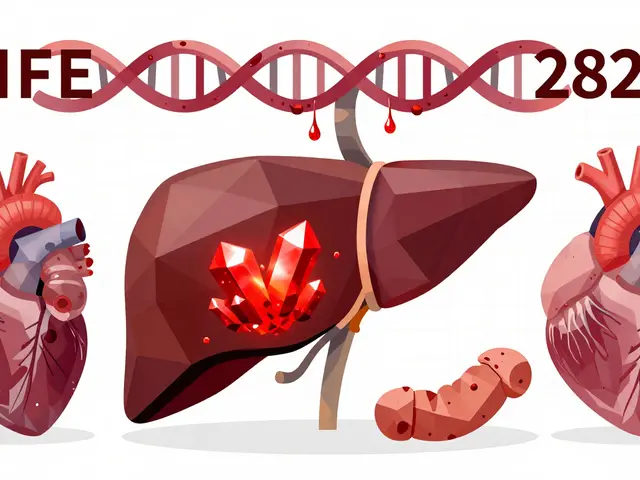Tips: Practical Medication & Online Pharmacy Advice
Need clear, useful tips about medicines, online pharmacies, or stopping a drug safely? This page collects short, practical advice you can use right away. No jargon—just simple steps to help you save money, avoid scams, and stay safe with prescriptions.
Buying meds online safely
Check that the pharmacy lists a real address and a licensed pharmacist you can contact. If a site refuses to verify a prescription or sells prescription-only drugs without one, walk away. Look for obvious trust signals: a pharmacy license number, a secure URL (https), and recent reviews from real people. Avoid prices that are shockingly low—if it looks too good to be true, it probably is.
Use these quick checks before you order: search the pharmacy name plus “reviews” or “scam,” confirm they require a prescription for controlled meds, and call their listed phone number. Save receipts and tracking info. If you get the wrong product or a damaged package, contact the pharmacy first; if they won’t help, file a complaint with your payment provider and local regulators.
Practical tips for taking, switching, or stopping meds
Always tell your prescriber about all drugs and supplements you take. Interactions can be serious—use an interaction checker or ask a pharmacist. If you need to switch or stop a medication, ask for a clear plan. For example, tapering gabapentin or opioids usually needs a slow, doctor-approved schedule and monitoring for withdrawal symptoms. Don’t reduce doses fast on your own.
When you start a new medicine, note the common side effects and when to call the clinic. Keep a short log for the first two weeks: dose, time, and any side effects. That helps your clinician make fast decisions and keeps you safer.
Save money without risking safety: compare prices at several pharmacies, check GoodRx-style coupons and other discount tools, and ask your doctor for a generic equivalent if appropriate. For expensive specialty drugs, ask the manufacturer about patient assistance programs.
Store meds properly—cool, dry place unless the label says otherwise—and keep pills out of reach of children. For disposal, use pharmacy take-back programs or official disposal sites; don’t toss large quantities in the trash or pour them down the sink.
If you’re unsure about anything, call a pharmacist. They’re a great, free resource for questions about dosing, side effects, interactions, and safe online vendors. Short question now can prevent bigger problems later.
Want tips on a specific drug, buying site, or taper plan? Check individual articles on this tag for detailed guides and step-by-step advice tailored to common meds and situations.
Incontinence can greatly affect our sleep quality, making it difficult to get a good night's rest. To improve our sleep, it's important to maintain a consistent bedtime routine and limit fluid intake before bed. Additionally, using incontinence products like absorbent pads or briefs can help us feel more confident and secure while sleeping. Don't forget to consult a doctor to address any underlying medical issues that may be causing incontinence. Lastly, practicing relaxation techniques, such as deep breathing or meditation, can help us fall asleep more easily and sleep more soundly.
Continue reading...


